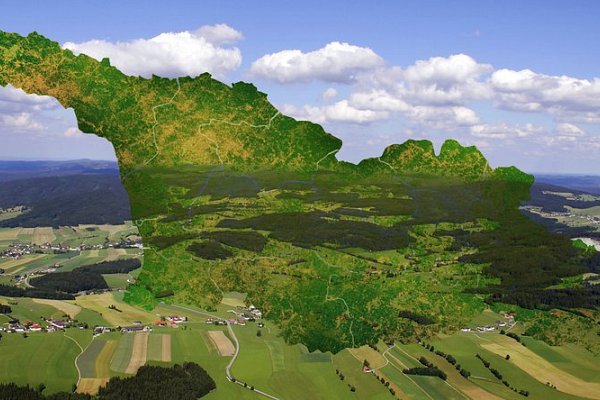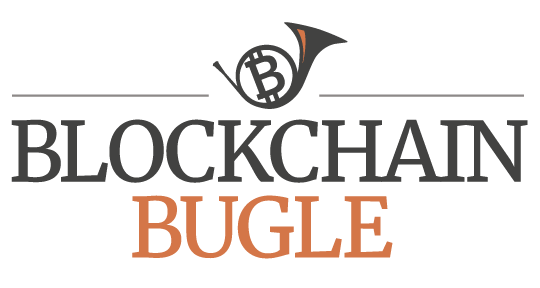Bitfury, Republic of Georgia Push Ahead With Blockchain Land-Titling Project

In April 2016, the Republic of Georgia’s National Agency of Public Registry (NAPR), renowned Peruvian economist Hernando De Soto, and Bitcoin company Bitfury announced a partnership to design and pilot a blockchain land-titling project. Now, Bitfury and NAPR have signed a new Memorandum of Understanding (MOU) to expand the blockchain solutions developed by the project to other government departments.
“There is a great deal of unrest around the world due to broken and friction-filled systems, and governments, institutions and businesses are looking for better solutions that can serve the people and help make systems more secure and work better overall,” Jamie Smith, global chief communications and marketing officer at the Bitfury Group, told Bitcoin Magazine. “Solutions like the Bitcoin Blockchain Land-Titling Project in the Republic of Georgia, created in collaboration with the Bitfury Group and the Blockchain Trust Accelerator, will address these challenges head-on and deliver real results — these are very exciting times.”
The Bitfury Group, a full-service blockchain technology company infrastructure provider, develops and delivers blockchain-based software and hardware solutions for businesses, governments, organizations and individuals. In partnership with New America and the National Democratic Institute, Bitfury runs the Blockchain Trust Accelerator to develop blockchain-based solutions for social impact and governance challenges. The company has raised $90 million in funding, including a recent $30 million investment by Credit China Fintech Holdings.
The Bitfury Group and NAPR implemented a custom-designed blockchain system that is now integrated into the digital records system of NAPR. This private, permissioned blockchain is anchored to the Bitcoin blockchain through a distributed digital timestamping service. Distributed digital timestamping allows NAPR to verify and sign a document containing a citizen’s essential information and proof of ownership of property.
The importance and disruptive potential of the project lies in its ability to make land titles — and, in general, property rights — available to billions of people who are currently unable to legally register their property. Blockchain technology also permits significant time and cost savings in the registration process. Therefore, the blockchain land-titling project could have a big global impact beyond Georgia.
“A secure property registry built on the Blockchain can secure billions of dollars in assets and make a significant social and economic impact globally by addressing the rapidly growing demand need for transparency and accountability,” said Bitfury in a statement.
“I have dedicated my life to improving access to capital, and our work in the Republic of Georgia is the first in a series of many important steps to bringing corruption-proof digital systems to all,” added Hernando de Soto, president of the Institute for Liberty and Democracy (ILD), known for his work on the informal economy and on the importance of business and property rights.
NAPR is “very pleased with the technical progress and looks forward to continuing [their] fruitful collaboration,” said NAPR Chairman Papuna Ugrekhelidze. “Blockchain technology is the solution for the 21st century, and is its most secure and innovative system.”
Forbes notes that Georgia is fertile ground for blockchain-based innovation in public services, because the country has a solid software infrastructure already in place. “We will be able to work with blockchain technology from this summer [to] place real estate extracts in a totally safe and innovative system,” said Georgia’s Minister of Justice Tea Tsulukiani, adding that the Ministry of Justice of Georgia is “the leading ministry in the field of new technologies in terms of e-government, together with two other colleague ministries.”
“If you think about this happening at a time when a lot of people are struggling to separate what’s real from what’s fake, this is a powerful tool to prove what’s real,” said Tomicah Tillemann, co-founder of the Blockchain Trust Accelerator and the director of the Bretton Woods II program at New America, as reported by Forbes. “Especially when you’re dealing with something as fundamental as your home or property, it’s important to have that added layer of security that’s provided by blockchain validation.”


